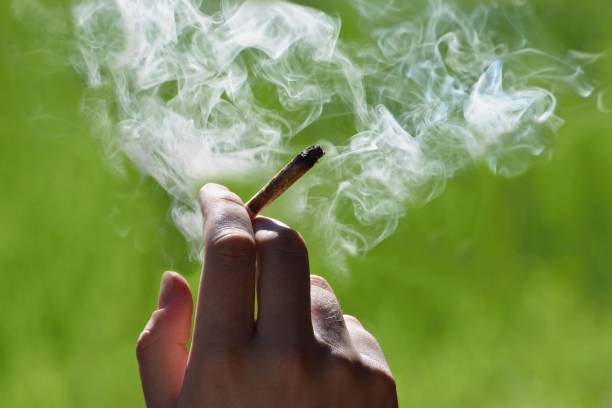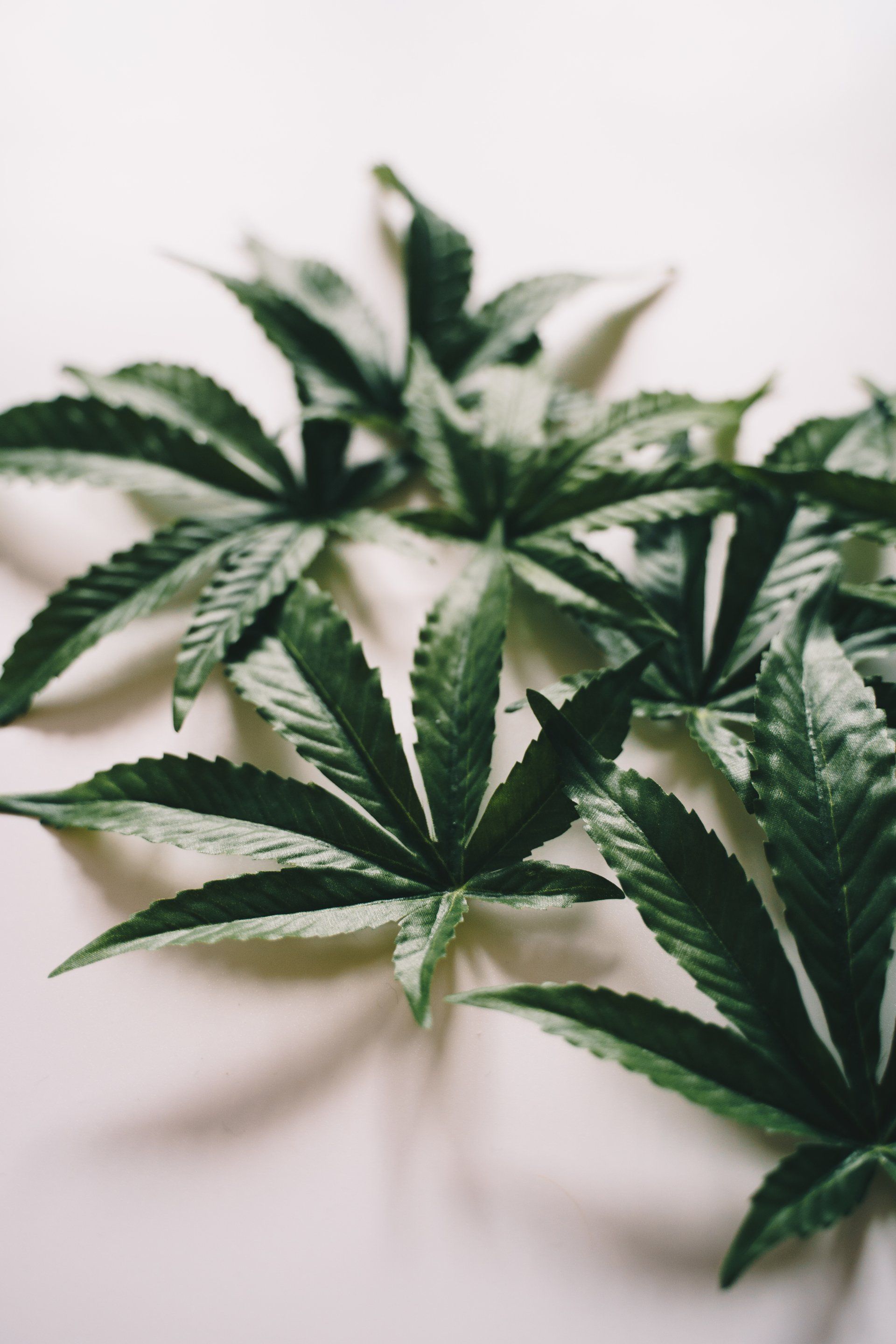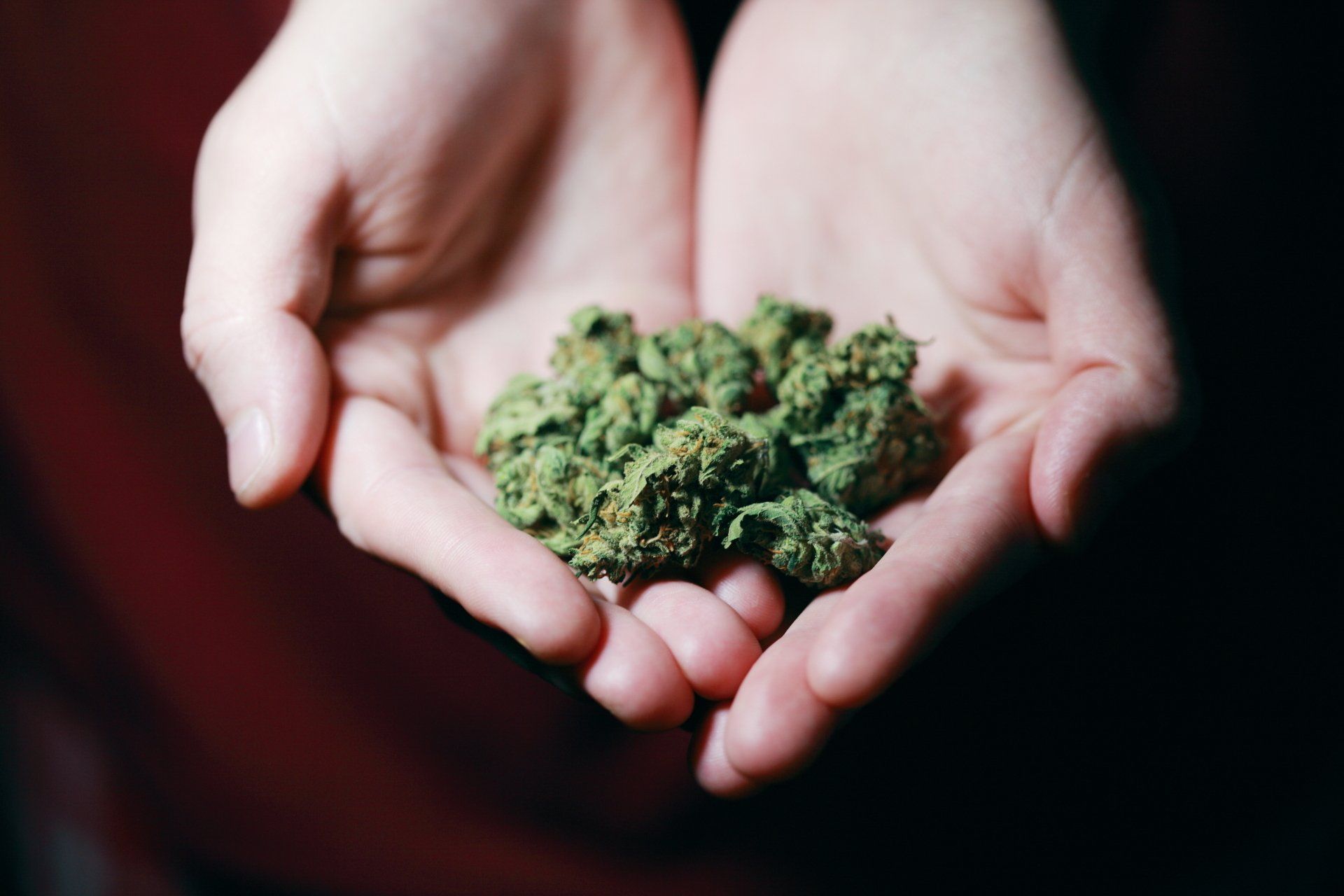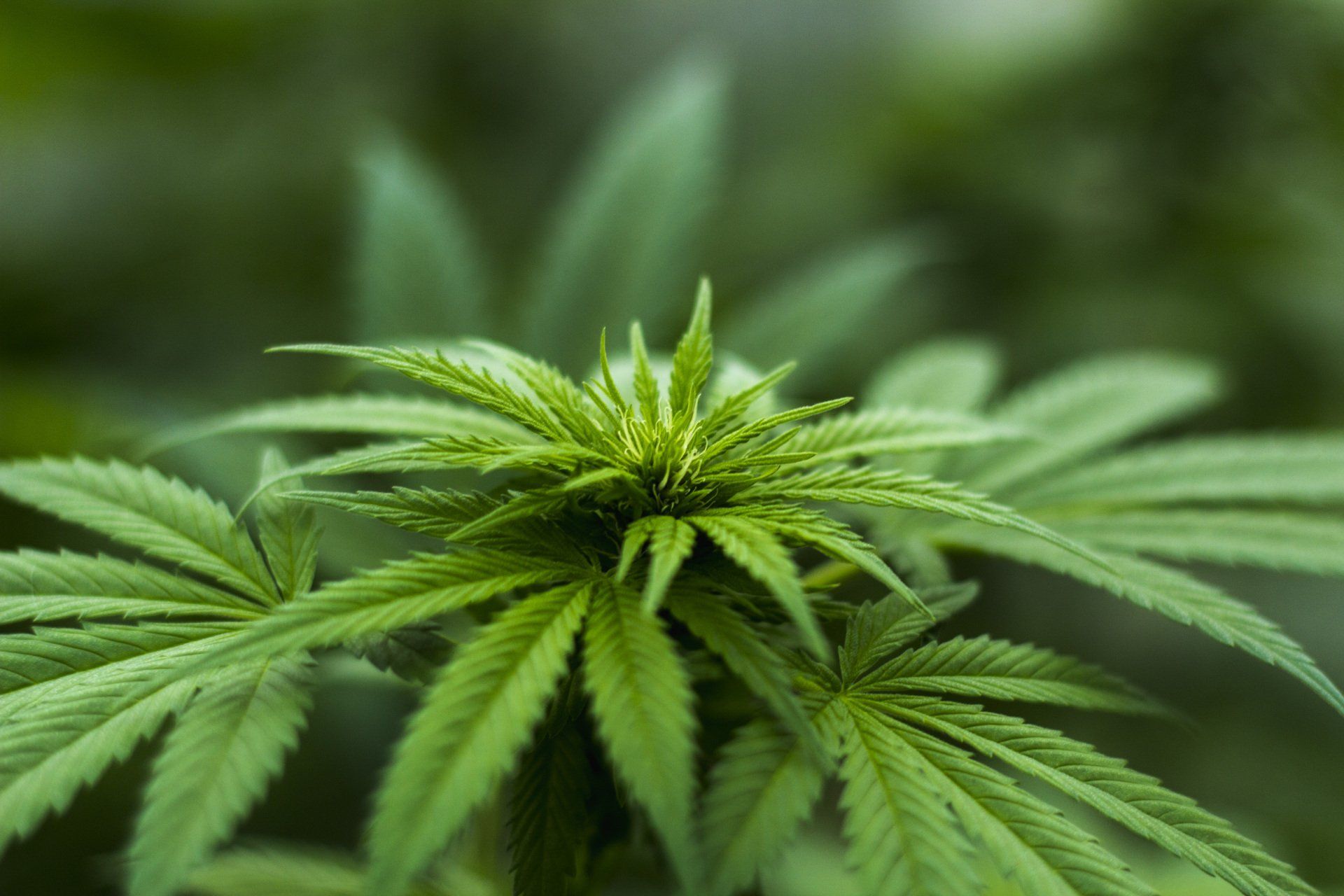The Impact of Cannabis on Adolescents
This is For years, supporters of cannabis have rejected the many studies linking cannabis with psychosis, claiming that research has yet to prove cannabis can lead to mental illness. That link has now been proven, especially amongst adolescents.a subtitle for your new post
In 2017 the US National Academy of Medicine, a completely independent organisation and considered one of the foremost research organisations in America, issued a 468-page research paper entitled, The Health Effects of Cannabis and Cannabinoids, concluded cannabis use is likely to increase the risk of developing schizophrenia and other psychoses; the higher the use and the younger the person is consuming cannabis, the greater the risk.
The report's key finding confirmed previous evidence of the harmful effect on the mental health of regular use of cannabis, especially of high-potency types. Importantly, they indicate for the first time how cannabis use affects the incidence of psychotic disorder, especially amongst teenagers
A more recent study in 2019 has shown an eight-fold variation in the incidences of psychosis across 17 centres; the highest rates were found in London and Amsterdam, cities where young people have been reported to be taking the high potency cannabis. Indeed, in these two centres, the use of high potency cannabis accounted for almost one-third and a half, respectively, of all new cases of psychosis. The main concern by scientists is the impact cannabis use is having on young people whose brains are still developing.
In a report by Public Health England: 'Young People's Substance Misuse Treatment Statistics 2018/19', 14,485 young people in the UK needed treatment for substance misuse; 88% of these young people in treatment reported that cannabis was the main problem, followed by 44% who said it was alcohol. This contradicts those young people who say that cannabis is safer than alcohol; it most definitely is not! A study in Canada of 3,826 young students (12 to 13) in 31 schools showed that cannabis use had a more lasting effect on a young person's brain than alcohol. It was found that cannabis use can lead to a decline in learning ability, decision-making, and overall academic achievement, which can last into adulthood. The poor educational outcome has been linked to numerous studies linking cannabis use with a decline in the neurocognitive development of young teenagers' brains. The result of this decline is that the brain does not develop to its full potential, hence the link with poorer academic achievement.
The message is now very clear; the more potent strains of cannabis that now populate Western towns and cities can damage the development of adolescents' brains and refute the arguments that cannabis is safe and does not cause mental illness.
This blog is an extract from my book 'Gone To Pot – Cannabis: What Every Parent Needs To Know'.
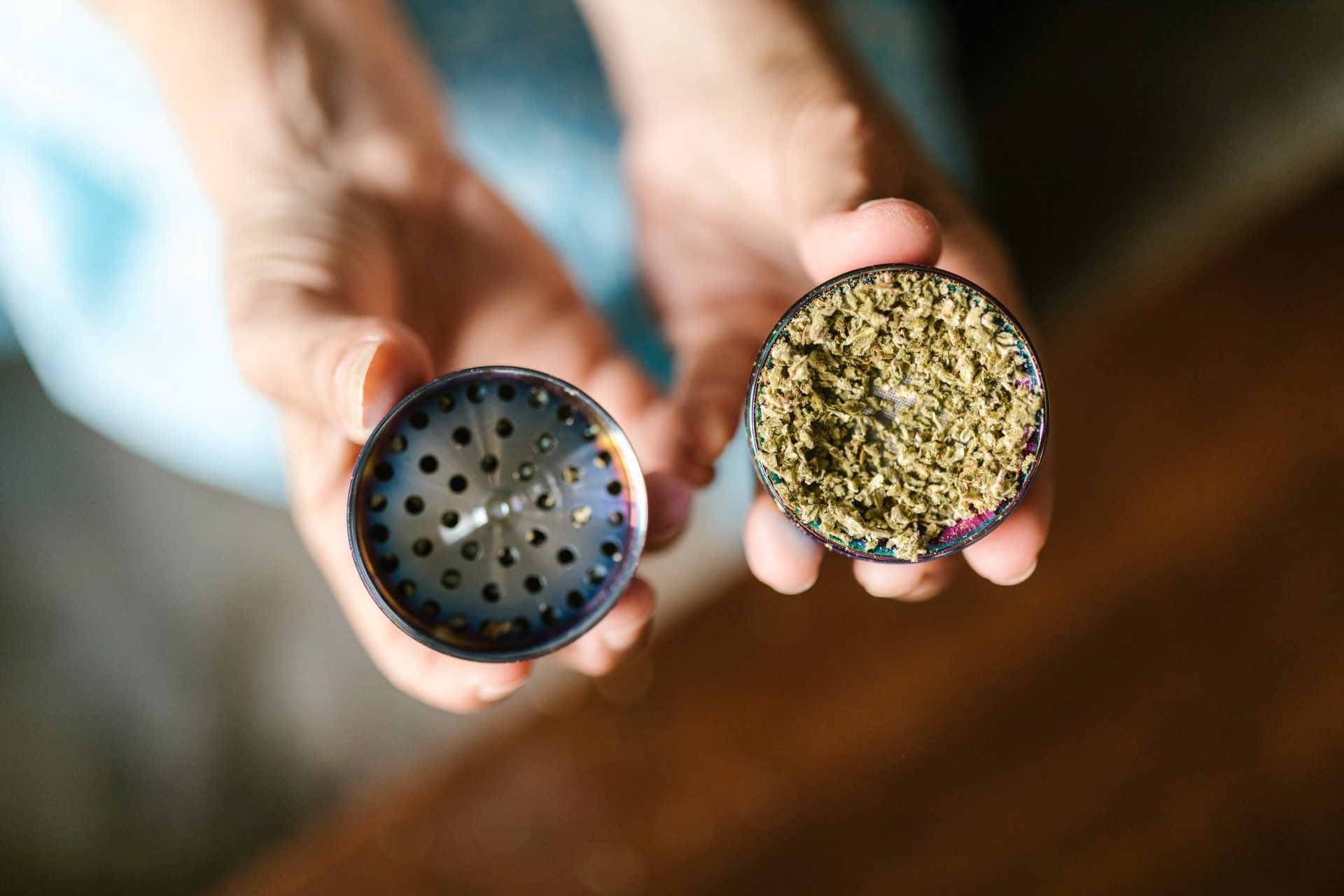
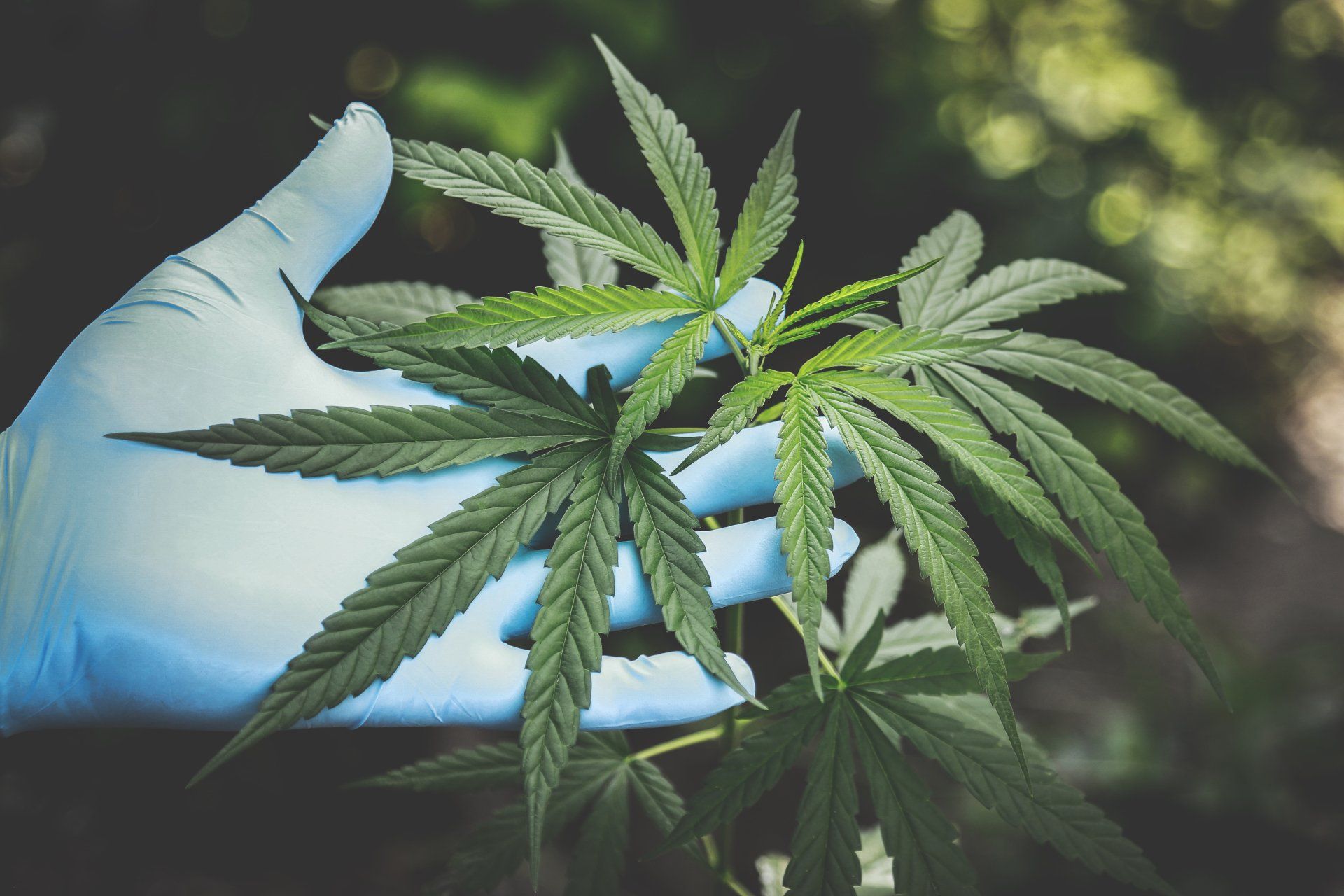
New book explores the ticking time bomb of cannabis and its impact on the mental health of teenagers
